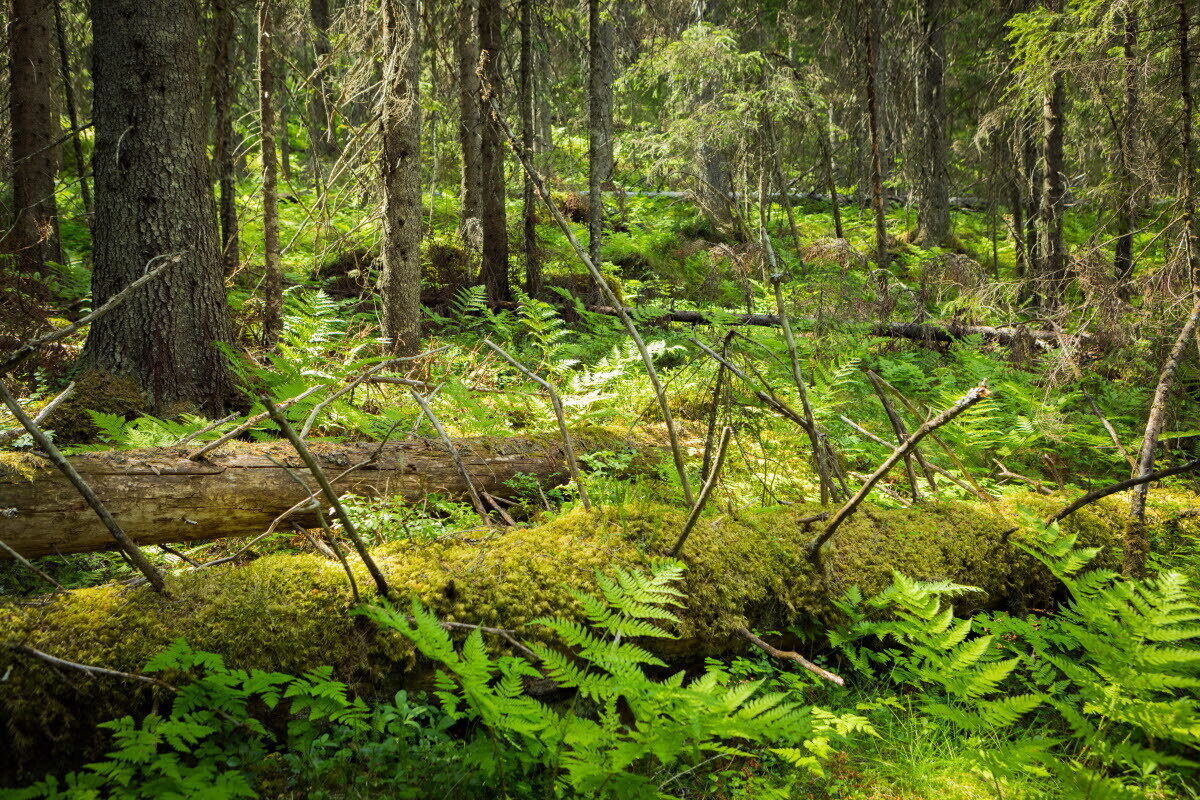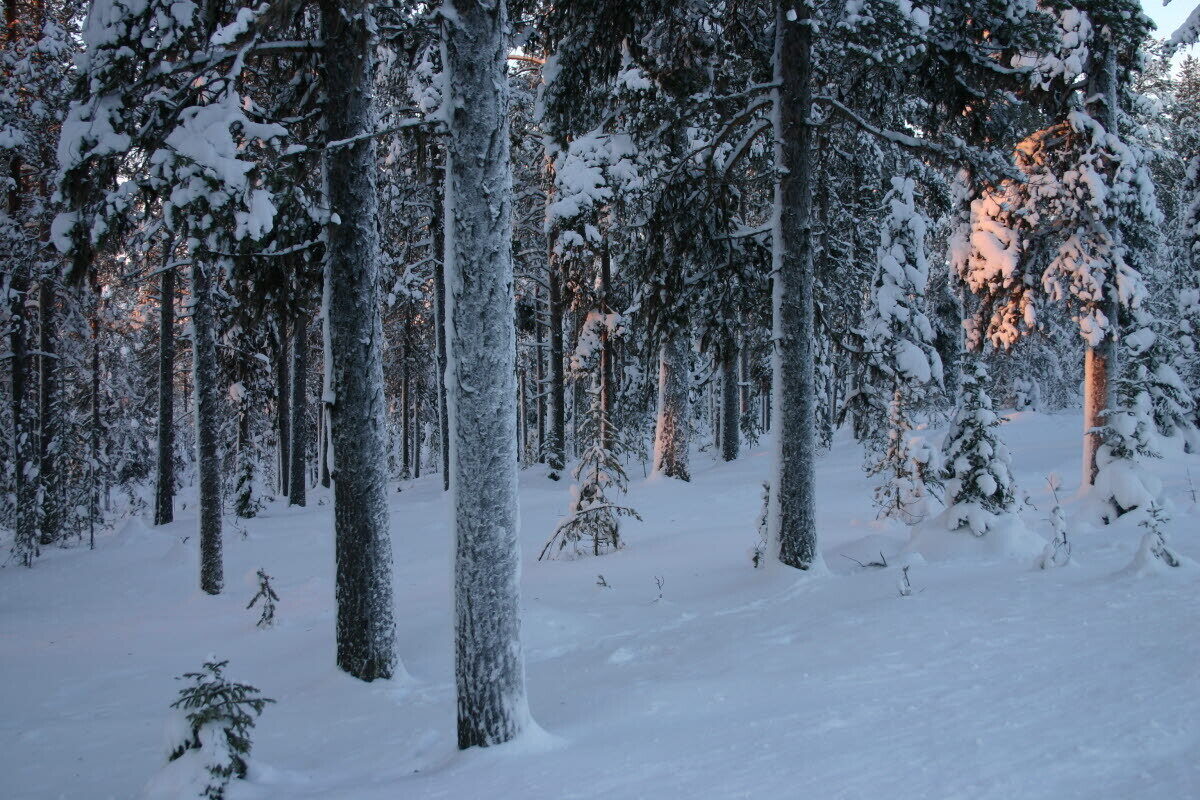Sweden, the world's third-largest forest product exporter, faces land use conflicts and a contentious public debate over its forest future.
Despite its reputation for sustainable forestry, the Swedish Forest Model is under scrutiny, prompting questions about responsible forest product sourcing amid growing pressures from environmental advocates, ecologists, and Sami reindeer herding communities, among others.
Sweden is a critical source of paper-based packaging for many global companies, including Nestlé. Nestlé's approach to responsible sourcing goes beyond assessing its suppliers' policies and actively engages its supply chain partners in key forest sourcing landscapes.
This led to the Health Forest Landscape assessment in northern Sweden, a collaborative report by Earthworm Foundation, Nestlé, SCA, and DS Smith that delves into the changing forests of Västerbotten, offering insights and practical recommendations for biodiversity, carbon conservation, and coexistence between commercial forestry and reindeer herding.

The Västerbotten County Healthy Forest Landscape Assessment (HFL) relies on expert research to identify changes in forest cover, carbon storage, biodiversity and community well-being.
"Productive Forest landscapes like Västerbotten in northern Sweden are a huge economic resource that will be vital for the future bioeconomy, but they also store vast quantities of carbon, provide essential habitat and are often the territory of traditional, indigenous and other communities. Earthworm has developed the Healthy Forest Landscape approach to help companies and others assess change in these landscapes – a change that is not always obvious but which – at scale – has major influences on climate, biodiversity and communities. HFL is there to help companies and other stakeholders find ways forward by balancing these competing values," says Bjorn Roberts, Senior Adviser, Forests at Earthworm Foundation.
Michèle Zollinger, Global Sustainable Sourcing for Pulp and Paper & Climate Forest Lead at Nestlé, stresses the need to comprehend the impact of commercial forestry on ecological values, communities, and carbon reservoirs.
"Nestlé is committed to sourcing pulp & paper products responsibly for nature, the climate and communities. We need to understand our suppliers' sourcing policies and systems, but that is not enough – we also need to know how commercial forestry is affecting ecological values, communities and carbon pools in our sourcing landscapes and to engage our suppliers on these issues. This HFL assessment in Northern Sweden is an important step in that direction. "

For Hans Djurberg, SCA's Head of Sustainability, "This evidence-led, landscape-level assessment of responsible forest products sourcing is both timely and, in the boreal context, unique. Although SCA was familiar with many of the report's findings, we supported the processes because, more than ever, we need to deepen our collaboration with forest stakeholders, supply chain partners, constructive critics and innovators on balancing the value creation in and from responsibly managed forests."
Francesco van Westrenen, DS Smith's Global Customer Business Unit Director, Packaging Division, emphasises the essential role of partnerships in sustainable development and biodiversity conservation:
"DS Smith's collaboration with Nestle, Earthworm Foundation and SCA marks a critical step forward as we continue prioritising sustainability and biodiversity conservation within our operations. Partnerships such as these help to underscore the crucial role that forests play in our supply chain. Moreover, the profound cultural significance of such natural resources, particularly to the Sami reindeer herding community, has illuminated the interdependency between biodiversity conservation and local livelihoods.
“Safeguarding biodiversity is not just a corporate responsibility; it is a shared duty that we embrace. We look forward to what we will achieve as part of our ongoing partnership with Nestle, Earthworm Foundation and SCA as we work together to make a lasting difference for the environment and local communities."
The insights from the collaborative report on Västerbotten's forests pave the way for transformative action. Earthworm Foundation, Nestlé, SCA and DS Smith are actively charting a roadmap, highlighting the vital role of transparency, collaboration and responsible forestry practices, which will start prioritising working on the Sami reindeer herding communities and biodiversity recommendations.


